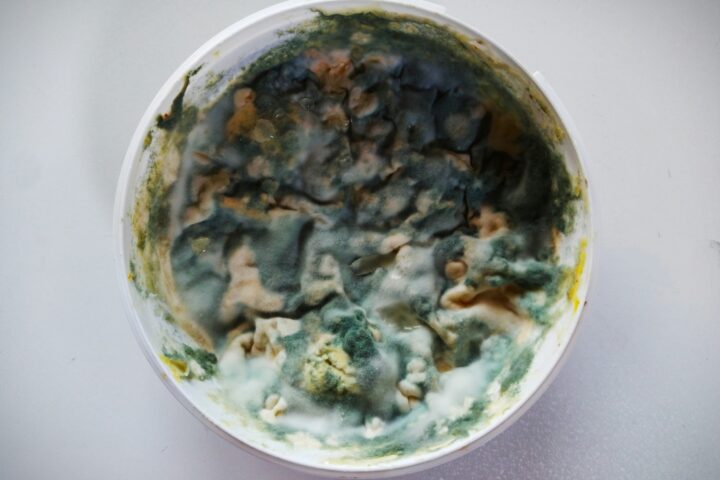
"Pesticides damage the climate."
Pesticides are bad for the climate? No, the exact opposite is true. Plant protection products help to produce more food on less usable space and thus protect the soil. In addition, conventional agriculture has a better CO2 and energy balance than organic farming.
Saturday, November 2, 2019
In brief:
- Modern crop protection has a positive effect on the soil production factor. In this way, the higher yields protect against even greater use of the scarce resource soil – not only regionally, but worldwide.
- Modern direct seeding techniques, in which the field is not plowed before sowing and the natural soil structure is therefore preserved, would not work without herbicides.
- Without tillage, erosion is reduced, earthworms and other soil life are more diverse, and humus forms faster.
Without plant protection products, food production would be much less efficient. The world's population cannot be fed via organic farming. According to the FiBL (Research Institute for Biological Agriculture), up to 81 percent more land would have to be used as farmland compared to today in order to fully feed the population, which will have grown to around 10 billion by 2050, via organic farming. This is not realistic and would also be an ecological disaster. Fertile arable land is very limited. In addition, possible areas of cultivation are often an important habitat for flora and fauna. The spread of agriculture in jungles is undesirable.
Organic needs more space
From a climate policy point of view, it is also particularly important that natural and nature-adjacent spaces, such as forest areas, which do not have to be additionally used for agriculture, store a lot of carbon and thus help stabilize the world climate. The same conclusion regarding climate stability comes from an international study published in the renowned journal Nature at the end of 2018. The study by the international research teams clearly shows that organic farming is performing worse in terms of climate than conventional agriculture due to the significantly higher land requirements needed to produce a certain amount of food.
Herbicides reduce CO2 emissions
In addition, fields in which the weeds have been treated with pesticides give off less CO2 than fields processed mechanically. Compared to the CO2 emissions per unit of production (and not per unit of area), conventional agriculture performs best. For the application of modern plant protection, the field is much less traversed. It is therefore basically energy-efficient and unrivaled in comparison to a possible alternative aimed at increasing greening of agriculture. The additional mechanization due to the absence of herbicide clearly worsens the energy balance in the field.
Blindspot article
Sources
Searchinger, T.D., Wirsenius, S., Beringer, T. et al. Assessing the efficiency of changes in land use for mitigating climate change. Nature564, 249–253 (2018).
Muller, A., Schader, C., El-Hage Scialabba, N. et al. Strategies for feeding the world more sustainably with organic agriculture. Nat Commun 8, 1290 (2017).
Related articles

Global facts on world food and agriculture
Only thanks to technological progress and modern crop protection will we be able to conserve our resources in the future and at the same time feed more and more people in a healthy way.

Pesticides in Green Smoothies
After countless recipes for Christmas cookies, festive roasts and cocktails, the advice on losing weight, detoxing and beautifying oneself now takes centre stage. Most of it is sheer nonsense.

Natural Toxins: An Underestimated Risk in Our Food
Safe food cannot be taken for granted. While chemical substances are often the focus of public criticism, reality shows that the greatest risks to food safety are of natural origin. Recent recalls of infant food products illustrate how insidious bacterial toxins or moulds can be.

Herbal Teas: Making You Sick Instead of Slim
Plant protection products are frequently the focus of public criticism. Far less attention is paid to the fact that natural ingredients in teas and dietary supplements are also biologically active and can pose health risks.

